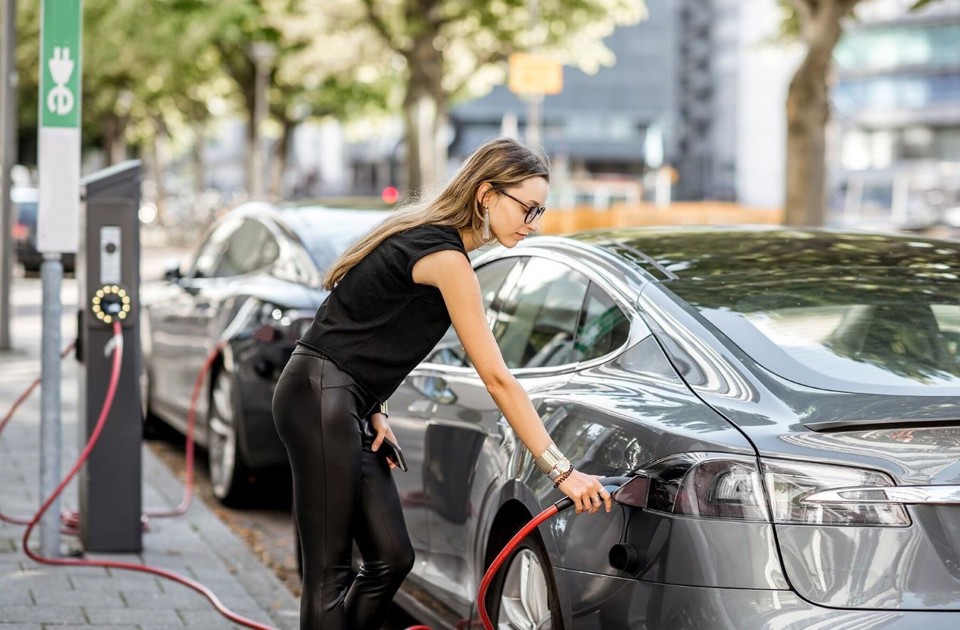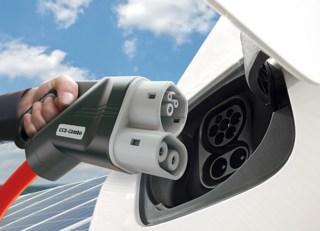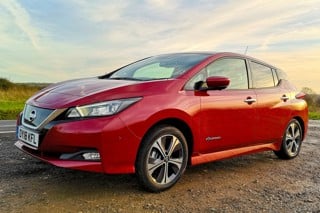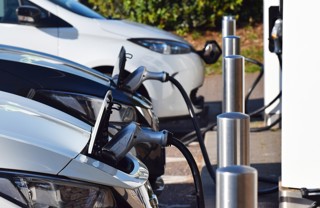British car buyers now consider a car’s powertrain to be the most important factor when deciding on a new vehicle, according to CitNow.
Its Evolution of the Car Buyer report found that 43% of motorists now view the choice between petrol, diesel, hybrid or electric to be the most important.
Previously, buyers favoured how the car drives.
Carol Fairchild, CitNow’s commercial director, said: “A car is one of the biggest purchases anyone will make; with so much choice and new technologies available it’s a harder decision than ever.
“Consumer knowledge of electric vehicles (EVs) and hybrids is nowhere near as extensive as conventional cars, and retailers have an opportunity to inform buyers during the customer journey. This is where video can become a crucial tool for retailers, not only giving the sales team a useful touch point with customers but offering a platform to properly inform them and debunk any misconceptions they might have about the technology, range or infrastructure.”
The research follows the release of June’s EV registration figures - which rose by 61% - suggesting that buyers may be increasingly looking beyond traditional fuel types, presenting an opportunity for retailers to help relay the benefits of early adoption.
In July, EVs enjoyed even stronger growth with sales now 70% YTD.
Video could be a gateway to educate buyers and help them choose the best car for their needs, according to CitNow, with recent studies showing that many consumers don’t fully understand electric car technology.
Despite overall buying priorities shifting toward the fuel type, preferences differ across the UK’s north-south divide. Drivers in the North East, North West, Yorkshire and the Humber, and Northern Ireland were most concerned about a car’s fuel type for their next purchase.
Motorists in London, often associated with the urban EV revolution, were among the least concerned about the powertrain of their next car purchase, instead caring more about how the car drives. Older drivers (55+) prioritised the choice between traditional and alternatively fuelled vehicles more than any other age bracket.
These insights suggest that dealers would be best to tailor their sales approach; highlighting the benefits of a particular engine or battery to buyers in the North East, while focusing on its drive appeal to Londoners.
Perhaps surprisingly, the survey found that while younger drivers consider both how the car drives and the insurance costs as the most important factors of their next car, the latter has fallen by 20% compared to their previous purchase.
CitNow’s ‘Evolution of the Car Buyer’ report can be viewed and downloaded here.


















Login to comment
Comments
No comments have been made yet.